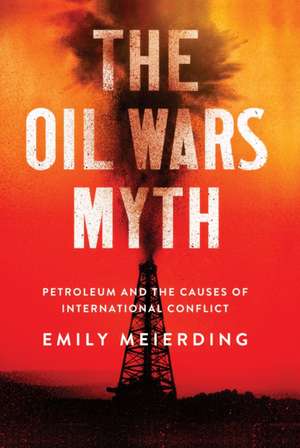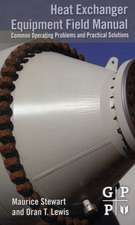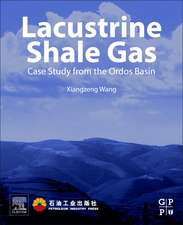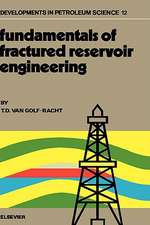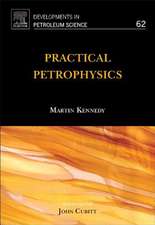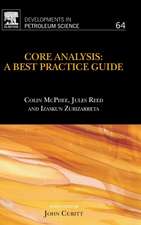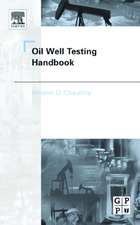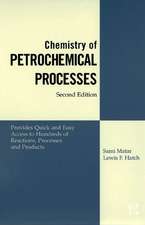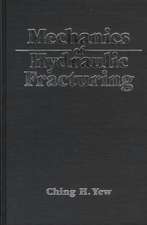The Oil Wars Myth – Petroleum and the Causes of International Conflict
Autor Emily L. Meierdingen Limba Engleză Hardback – 14 mai 2020
The Oil Wars Myth elaborates on these findings by reassessing the presumed oil motives for many of the twentieth century's most prominent international conflicts: World War II, the two American Gulf wars, the Iran-Iraq War, the Falklands/Malvinas War, and the Chaco War. These case studies show that countries have consistently refrained from fighting for oil. Meierding also explains why oil war assumptions are so common, despite the lack of supporting evidence. Since classic oil wars exist at the intersection of need and greed--two popular explanations for resource grabs--they are unusually easy to believe in.
The Oil Wars Myth will engage and inform anyone interested in oil, war, and the narratives that connect them.
Preț: 341.43 lei
Nou
Puncte Express: 512
Preț estimativ în valută:
65.34€ • 67.50$ • 54.38£
65.34€ • 67.50$ • 54.38£
Carte disponibilă
Livrare economică 05-19 martie
Preluare comenzi: 021 569.72.76
Specificații
ISBN-13: 9781501748288
ISBN-10: 1501748289
Pagini: 256
Dimensiuni: 159 x 237 x 21 mm
Greutate: 0.45 kg
Editura: MB – Cornell University Press
ISBN-10: 1501748289
Pagini: 256
Dimensiuni: 159 x 237 x 21 mm
Greutate: 0.45 kg
Editura: MB – Cornell University Press
Descriere
"The Oil Wars Myth challenges the popular belief that countries fight wars for oil resources by identifying overlooked obstacles to these conflicts and reexamining the presumed petroleum motives for many of the twentieth century's major international wars"--
